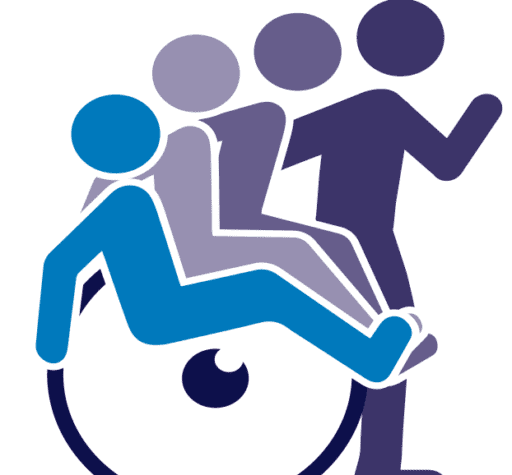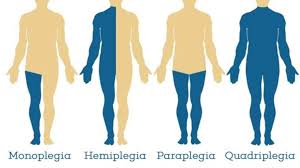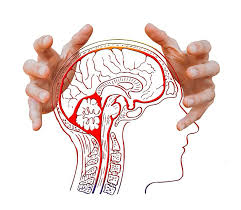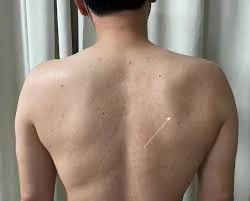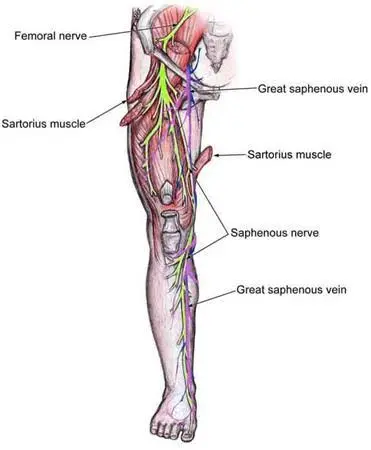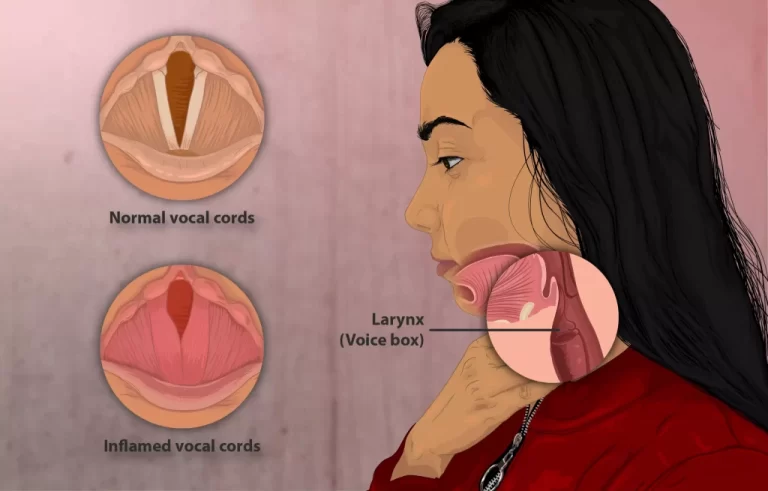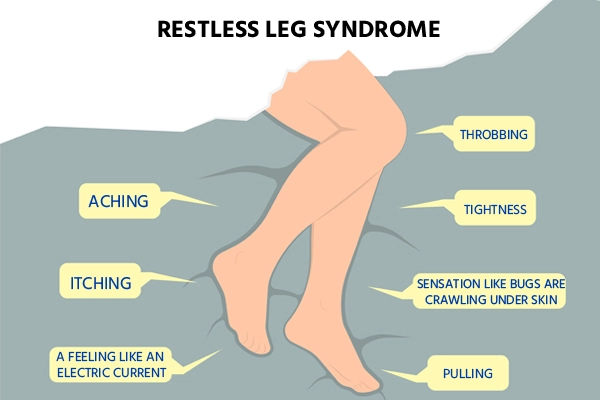Monoplegia
Monoplegia is a type of paralysis that affects movement in only one limb, such as one arm or one leg. It usually occurs due to damage or injury to the brain, spinal cord, or nerves controlling that specific limb. Both temporary and permanent conditions are possible. Monoplegia is most frequently caused by cerebral palsy. Usually,…
